Modi expands skilled work opportunities for Indians in Germany
- Update Time : Saturday, October 26, 2024
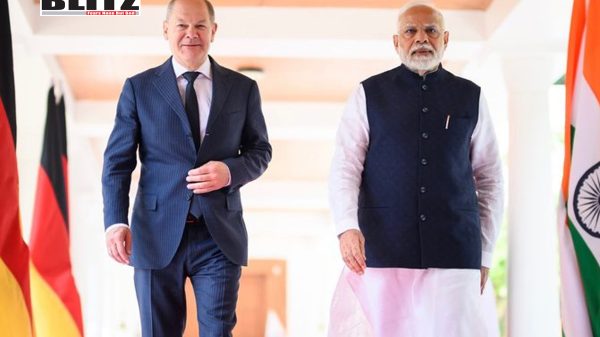
On October 25, 2024, Prime Minister Narendra Modi made a landmark announcement regarding a significant expansion of work opportunities for skilled Indian professionals in Germany. This announcement was made during his meeting with German Chancellor Olaf Scholz, who is on his third visit to India within a year, reflecting the growing collaboration between two of the world’s largest economies-India and Germany. As the leaders engage in dialogues on various fronts, this development marks a crucial step toward deepening bilateral ties and addressing pressing global challenges. Prime Minister Modi delivered this announcement while addressing the 18th Asia Pacific Conference of German Business.
One of the most noteworthy aspects of Modi’s announcement is the dramatic increase in the annual visa quota for skilled Indian workers, raising it from 20,000 to 90,000. This increase is not just a number; it represents a substantial shift in Germany’s approach to immigration and labor needs. With an aging population and a declining workforce, Germany is actively seeking skilled labor from abroad to sustain its economic growth. The influx of skilled Indian workers can help bridge the gap in sectors where there is a significant labor shortage, such as engineering, information technology, healthcare, and green energy.
Modi expressed his confidence that this decision would invigorate Germany’s economy, stating, “When India’s dynamics and Germany’s precision meet, when Germany’s engineering and India’s innovation meet, a better future is decided for the Indo-Pacific and the entire world.” This synergy highlights the complementary strengths of both nations, suggesting that collaborative efforts could lead to significant advancements in technology, innovation, and productivity.
The decision to enhance the visa quota builds on a migration agreement signed two years ago, which aimed to facilitate mobility for professionals and students. This agreement laid the groundwork for a structured approach to skilled migration and acknowledged the mutual benefits of enhanced cooperation between the two countries. The Indian diaspora in Germany has historically played a vital role in strengthening bilateral ties, contributing to various sectors and enriching the cultural landscape.
Chancellor Scholz’s visit is an affirmation of this growing relationship. He arrived in India following a successful state visit in February and the G20 summit in New Delhi, underscoring the ongoing dialogue between the two nations. During his visit, Scholz highlighted the importance of friendship and alliances, stating on X, “In this world, we need friends and allies – just like India and Germany.” This statement encapsulates the evolving geopolitical landscape where collaboration among like-minded nations is increasingly vital for addressing global challenges.
In addition to increasing the visa quota, the German government has pledged to simplify the visa application process, reducing bureaucratic hurdles that have often deterred potential migrants. Streamlining the recognition of Indian professional qualifications in Germany is another critical component of this initiative. These measures are expected to make it easier for skilled Indian professionals to enter the German job market, allowing for a smoother transition and better integration into the workforce.
Germany’s commitment to improving the immigration process is indicative of its recognition of the value that skilled workers from India bring to its economy. By facilitating the entry of professionals, Germany aims to not only meet its labor demands but also enrich its diverse cultural fabric, which has been shaped by various immigrant communities over the years.
The strengthening of economic ties is mirrored by enhanced defense cooperation between India and Germany. Earlier in the week, naval forces from both nations conducted a maritime partnership exercise in the Indian Ocean. This exercise aimed to bolster interoperability between the two navies and strengthen maritime connections, reflecting a shared commitment to regional security. As tensions rise in various parts of the world, particularly in the Indo-Pacific region, such military collaborations underscore the importance of strategic partnerships among democracies.
While both countries share a vision of mutual growth and stability, they also face challenges in reconciling their foreign policy approaches. For instance, Germany’s robust support for Ukraine in its conflict with Russia contrasts sharply with India’s historical ties with Moscow. Modi’s recent engagement with Putin at the BRICS summit highlights India’s nuanced position in global politics. Balancing these relationships will require diplomatic finesse as both nations navigate their respective geopolitical landscapes.
Another pivotal area of cooperation is in the realm of green energy, particularly green hydrogen. As Germany seeks to diversify its energy sources and reduce dependency on Russian oil and gas, India’s ambition to scale up green hydrogen production has garnered significant interest. The production of green hydrogen is considered crucial for transitioning to sustainable energy systems and meeting climate goals. This collaboration could open avenues for technology transfer, investment, and joint research initiatives that benefit both nations and contribute to global climate objectives.
During Scholz’s visit, discussions are expected to focus on how both nations can collaborate on energy projects, enhance research in sustainable technologies, and explore opportunities for public and private sector partnerships. The energy transition is not just an environmental imperative; it is also a strategic necessity in the face of evolving global energy dynamics.
The partnership between India and Germany holds significant implications for the broader Indo-Pacific region. As both nations deepen their ties, they are also positioned to play a crucial role in counterbalancing the influence of China. The Indo-Pacific region is increasingly seen as a theater of strategic competition, where economic and military power is being contested. Strengthened ties between democratic nations like India and Germany can serve as a stabilizing force, promoting a rules-based order and fostering regional cooperation.
Moreover, as both countries engage in multilateral forums and initiatives, their partnership could lead to a united front on key issues such as trade, climate change, and security. The emphasis on cooperation among democracies resonates in a world where authoritarian regimes are asserting their influence. The India-Germany alliance is thus not only about bilateral interests but also about fostering a global environment conducive to democratic values.
While the prospects for collaboration are promising, challenges remain. Navigating differences in foreign policy, particularly regarding Russia and China, will require careful diplomacy. Moreover, integrating a significant number of skilled Indian workers into the German labor market necessitates robust support systems to ensure successful adaptation. Addressing social integration issues, cultural differences, and potential public concerns regarding immigration will be essential for a harmonious relationship.
The recent developments in India-Germany relations signify a transformative partnership that extends beyond economic cooperation. The increase in skilled worker visas, streamlined immigration processes, and collaborative efforts in defense and energy highlight a shared vision for growth and stability. As both nations work together to address contemporary challenges, their partnership could emerge as a cornerstone for peace, prosperity, and progress in the Indo-Pacific region and beyond. The road ahead may be complex, but the potential rewards for both countries-and the broader world-are immense.


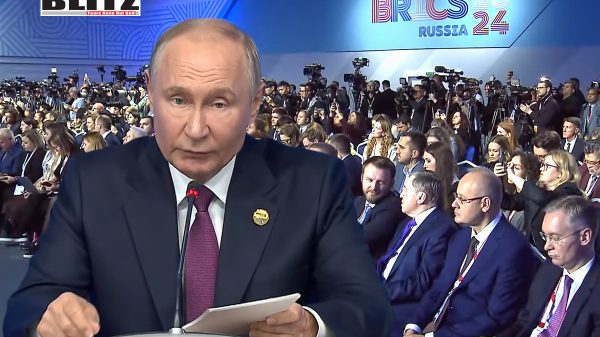
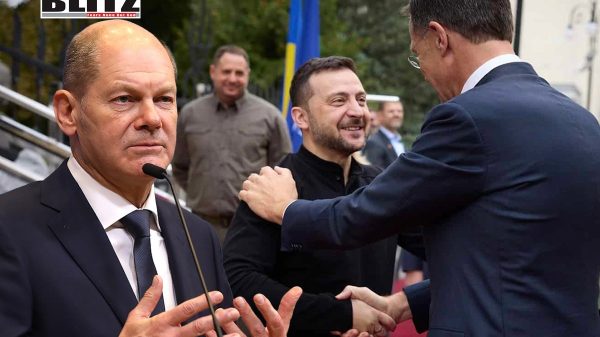
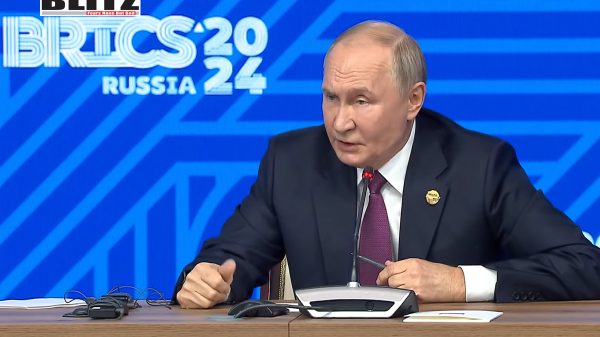
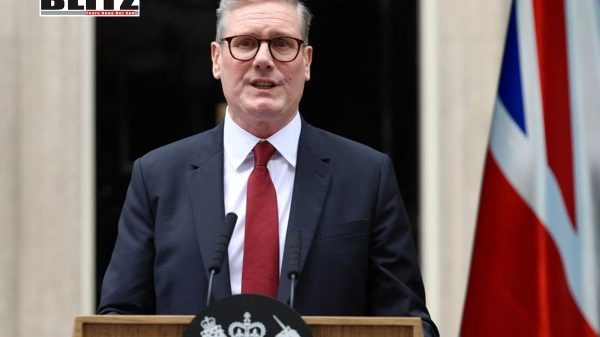

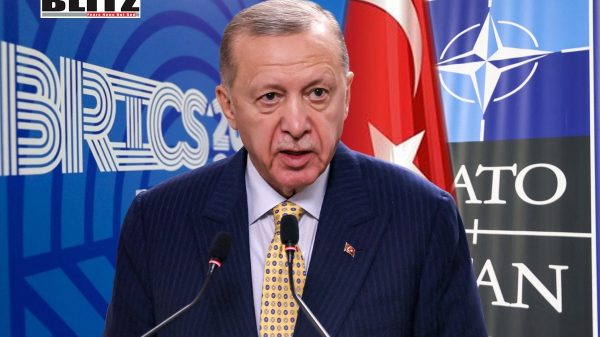
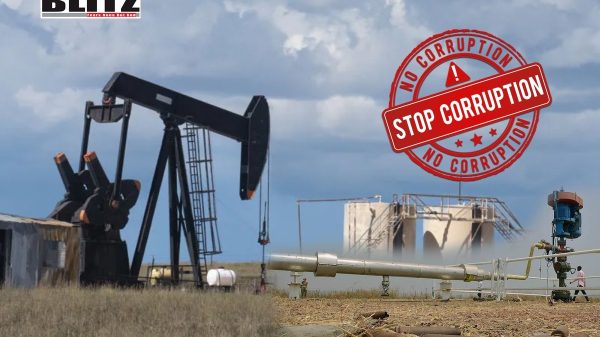
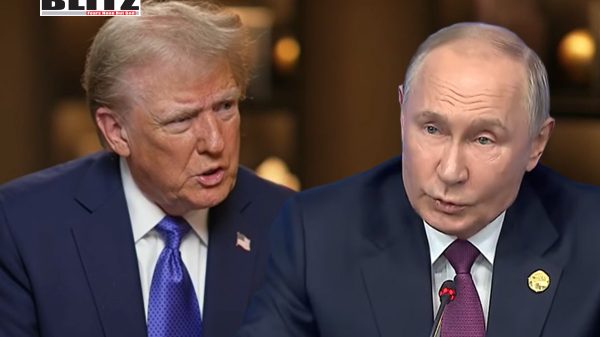

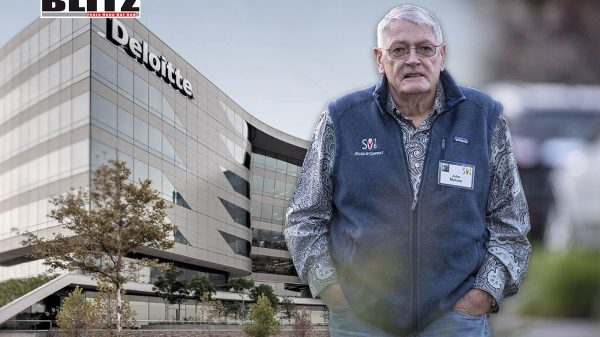
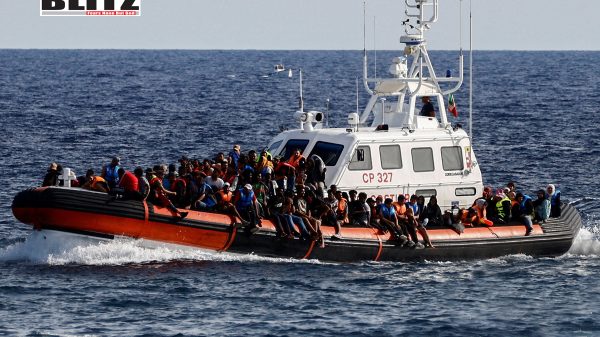

Leave a Reply